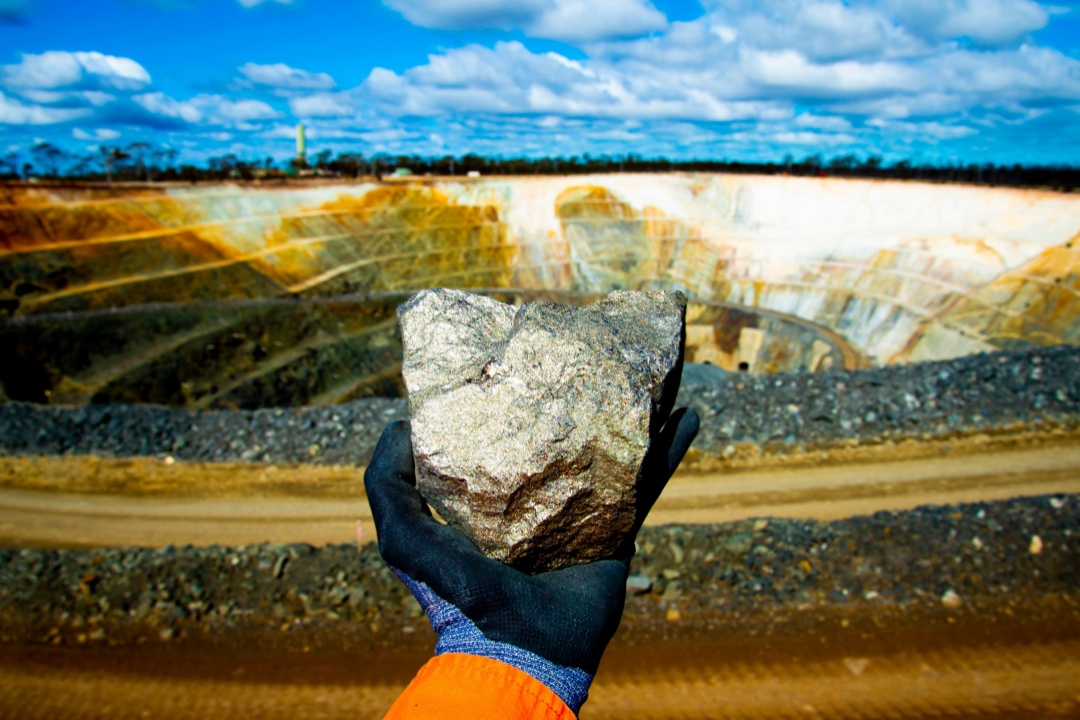
Achieving global decarbonization goals, particularly under the Paris Agreement and national net-zero targets, relies heavily on a secure and sustainable supply of critical metals. Metals like lithium, cobalt, nickel, copper, and rare earth elements are essential components for renewable energy technologies, electric vehicles (EVs), batteries, and energy storage systems. However, a combination of limited supply, geopolitical dependencies, and price volatility poses a significant challenge to achieving decarbonization targets. Here, we explore the issue of metal shortages and highlight how recycling and advanced manufacturing can enhance supply chain resilience while creating new economic opportunities.

The mining industry is grappling with a critical supply shortage of essential metals, despite supply growth over the past decade. BloombergNEF’s Transition Metals Outlook projects that meeting the demand for clean energy technologies will require $2.1 trillion in new mining investments by 2050.

BloombergNEF’s Economic Transition Scenario (ETS) further emphasizes that between 2024 and 2050, approximately 3 billion metric tons of metals will be needed to fuel the global energy transition. However, achieving net-zero emissions by 2050 could double that demand to 6 billion metric tons, which risks triggering price surges and slowing the deployment of green technologies.
Here are the key elements’ challenges
Recycling will play a vital role in alleviating supply pressures. Increasing the share of recycled materials in the supply chain not only mitigates resource shortages but also lowers emissions associated with primary production, helping to accelerate the global shift toward sustainable energy.
To meet decarbonization goals without risking supply chain breakdowns, industries and governments are increasingly turning to recycling of critical metals. The International Energy Agency (IEA) estimates that by 2040, secondary sources of metals could meet up to 10-20% of battery material demand, reducing the burden on virgin mining. Recycling also lowers environmental impacts and energy use compared to primary extraction.
Key Technologies in Metal Recycling
Several countries have begun investing in recycling infrastructure and advanced manufacturing to address metal shortages and ensure the resilience of their supply chains:
Investing in recycling and advanced manufacturing not only helps overcome metal shortages but also creates new economic opportunities. Recycling industries are labor-intensive, generating jobs across collection, sorting, and processing. For example, the EU expects that by 2030, circular economy initiatives could generate 700,000 new jobs across member states. Similarly, the U.S. estimates that increased investments in sustainable manufacturing and recycling could create tens of thousands of jobs in both urban and rural areas.
Moreover, advanced manufacturing technologies enhance supply chain resilience by reducing dependencies on single suppliers and volatile mining regions. Diversifying sources through recycling and localizing production ensures supply chains remain more stable even during geopolitical disruptions or environmental crises.
As the global economy transitions to cleaner energy and decarbonized transportation systems, the availability of critical metals will become a key factor determining the success of these efforts. Current supply shortages, price volatility, and geopolitical risks highlight the urgent need for sustainable solutions. Investing in recycling and advanced manufacturing offers a viable path forward, not only by securing metal supplies but also by enhancing supply chain resilience, reducing environmental impacts, and creating new economic opportunities.
Countries such as China, the EU, the U.S., and Japan are leading the way by building recycling infrastructure and fostering innovation in sustainable manufacturing. Their efforts demonstrate that a circular economy model can complement decarbonization targets while ensuring long-term economic growth and social benefits. With continued investment in these areas, the world can accelerate toward a more sustainable and resilient future.

I’ve spent the past 18+ years helping ports, supply chains, and global businesses turn sustainability goals into real, measurable results.
From leading billion-dollar infrastructure projects to building my own consulting firm, I’ve seen how the right strategy can turn pressure into opportunity.
My mission today is simple: help leaders like you build sustainable, future-ready businesses that don’t just check boxes—but actually make an impact. One decision, one project, one team at a time.
Let’s build what’s next—together.
Have a project or idea in mind?
I’d love to hear what you’re working on.
Book a quick call here